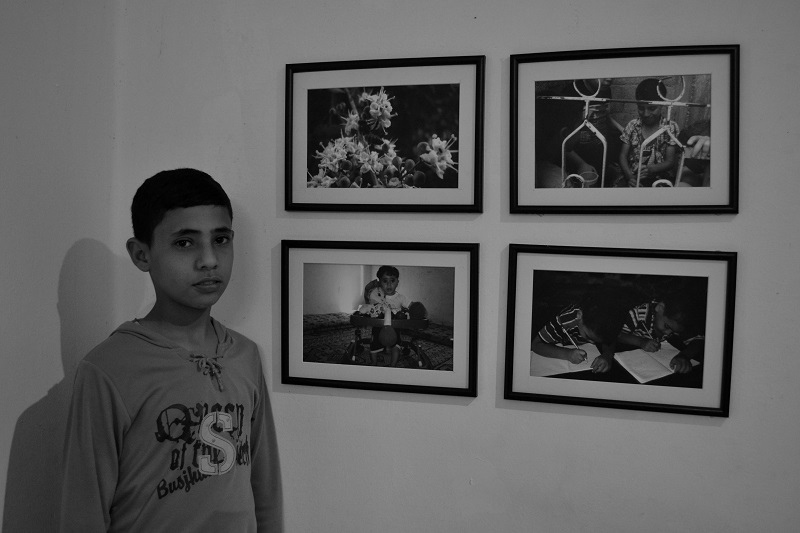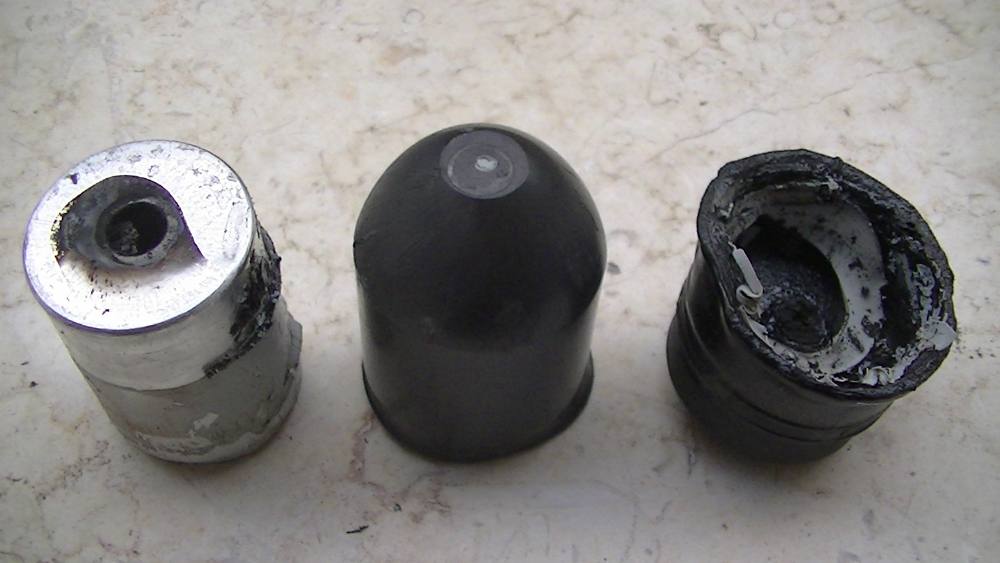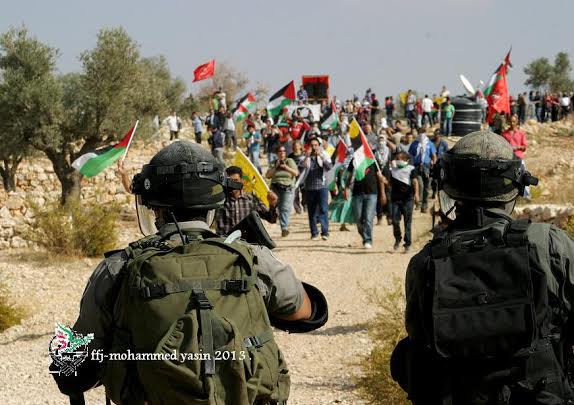Year: 2013
-
“Gaza Book”: Exhibition of photos by Gaza children
18th November 2013 | International Solidarity Movement, Maria del Mar Fernandez | Gaza, Occupied Palestine We attended a photography exhibition last Wednesday in besieged Gaza City. There were many, many pictures, some of which we photographed. I wish were as much of an an artist as the children, between nine and 16 years old, who…
-
Photos of Israeli tear gas canisters fired at Palestinian demonstrators in the Gaza ‘buffer zone’
17th November 2013 | Corporate Watch, Tom Anderson and Therezia Cooper | Gaza, Occupied Palestine On 2nd November 2013 Israeli forces fired tear gas at Palestinians demonstrating in the Gaza buffer zone East of Gaza City, by the Nahal Oz checkpoint. A report of the demonstration by an eyewitness can be viewed here. Pictures of one of the…
-
Several injuries during Bi’lin weekly demonstration
16th October 2013 | Friends of Freedom and Justice | Bil’in, Occupied Palestine Yesterday during the weekly Bi’lin demonstration, an Egyptian photographer was injured after being shot by a tear gas canister in his back, Ismaeil Mohamed Abu Rahma (17-years-old) was shot by three rubber bullets in his back and Mohamed Hamed (21-years-old) suffered from tear gas…



